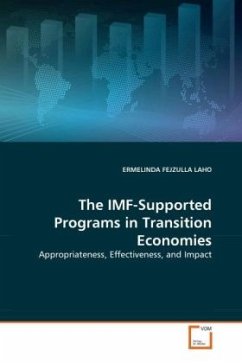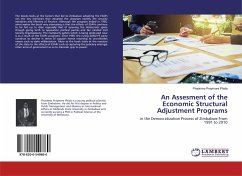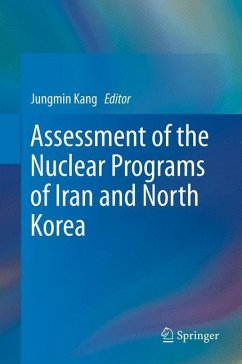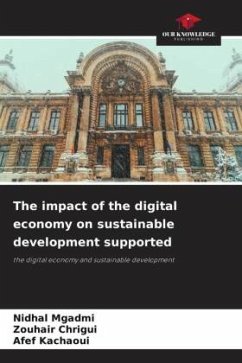
The IMF-Supported Programs in Transition Economies
Appropriateness, Effectiveness, and Impact
Versandkostenfrei!
Versandfertig in 6-10 Tagen
52,99 €
inkl. MwSt.

PAYBACK Punkte
26 °P sammeln!
A few years to the deepest world economic crisis since the Great Depression and there are more calls for reform of the IMF than ever before. As the Nobel Prize-winning economist J.Stiglitz puts it 'we may be at a new Bretton Woods moment'. For Transition Economies (TEs), this debate is very eminent since it touches not only the IMF's role in crisis prevention and management, but the future of the IMF supported programs in these economies as well. This book aims, therefore, to critically assess the theory and evidence of the effects of IMF-Structural Adjustment Programs (IMF-SAPs) in TEs. The a...
A few years to the deepest world economic crisis since the Great Depression and there are more calls for reform of the IMF than ever before. As the Nobel Prize-winning economist J.Stiglitz puts it 'we may be at a new Bretton Woods moment'. For Transition Economies (TEs), this debate is very eminent since it touches not only the IMF's role in crisis prevention and management, but the future of the IMF supported programs in these economies as well. This book aims, therefore, to critically assess the theory and evidence of the effects of IMF-Structural Adjustment Programs (IMF-SAPs) in TEs. The analysis focuses on the appropriateness, effectiveness, and impact of the conditionality attached to IMF-SAPs in these economies. The recommendations offered here, backed by qualitative and quantitative investigation on a panel of TEs and Albania in particular, should shed some light on the evolving debate on the IMF's future role in the International Monetary System in general and TEs in particular. This book should be particularly useful to those interested in the workings of international organizations conditionality and the political economy of reforms in TEs.












